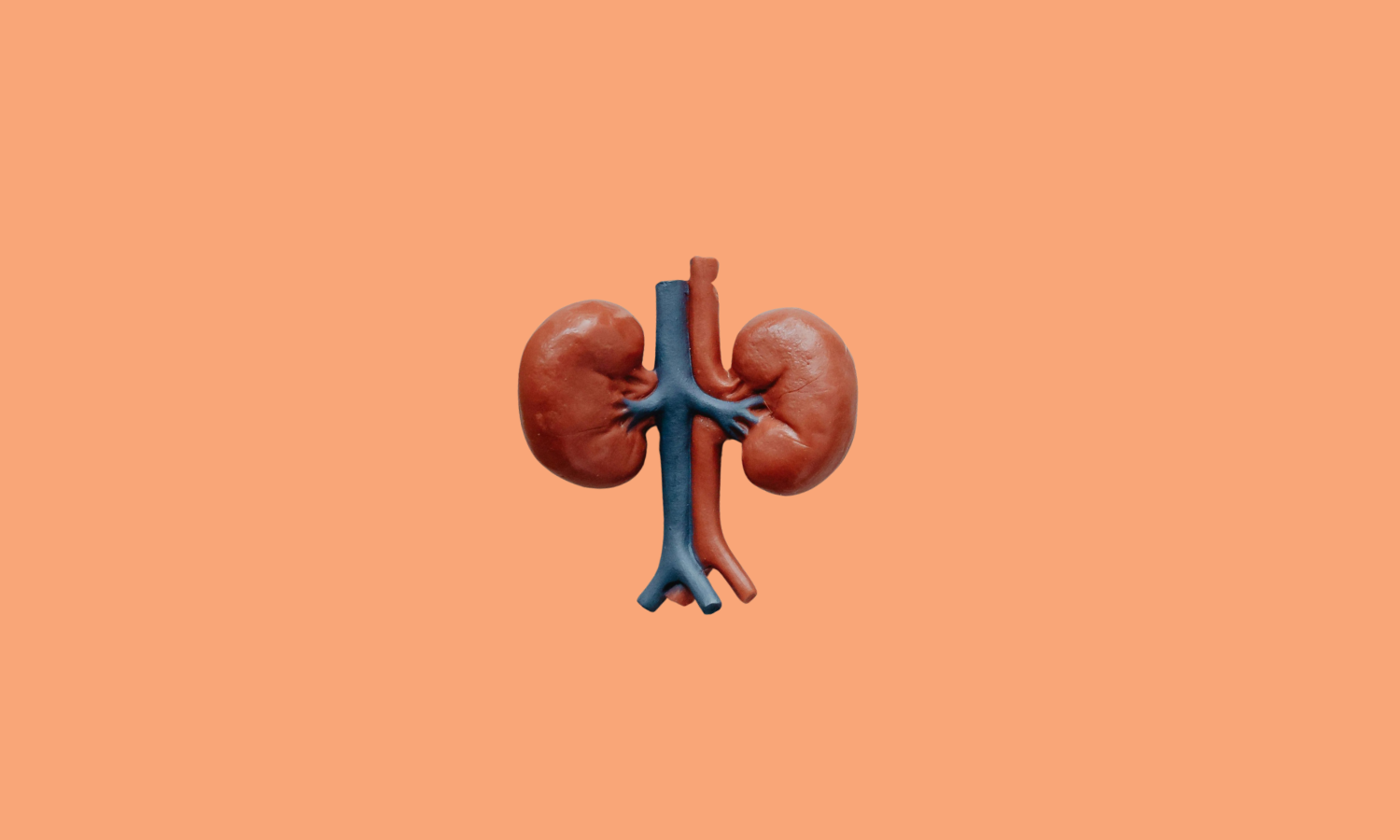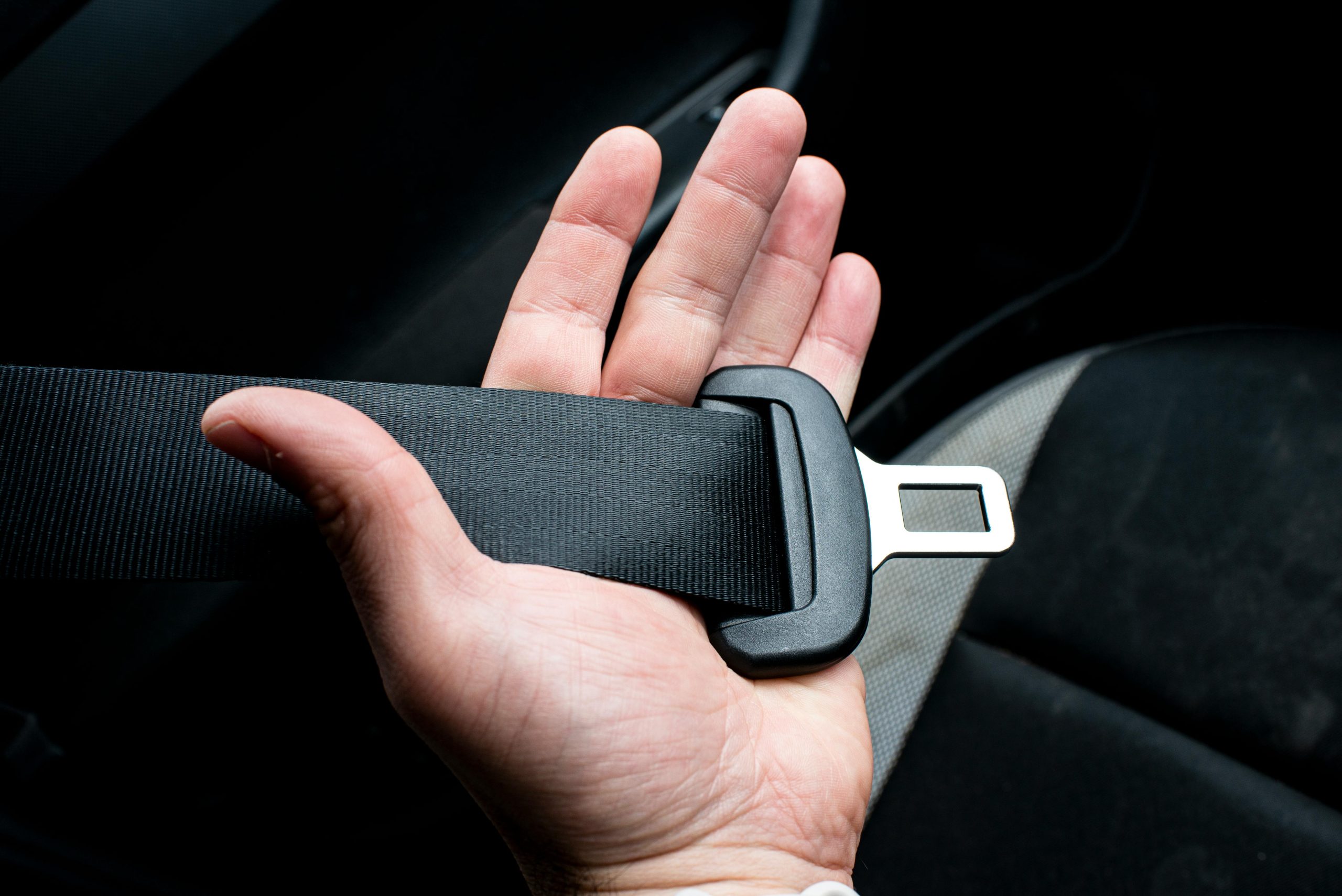Your kidneys are small, but mighty, organs located on either side of your spine, just below your ribs. They perform many vital functions, with their most crucial role being to filter waste products and remove fluids from your blood, which then leaves your body as urine. Kidneys also help regulate electrolytes like sodium and potassium, control blood pressure, and produce hormones essential for healthy bone and blood cells.
When Kidneys Don’t Work Properly
While your body can function with one kidney, complete kidney failure, known as end-stage kidney disease, means your kidneys can no longer remove waste and fluids. This leads to a dangerous buildup of toxins in your blood, which can make you feel very unwell and is life-threatening. In such cases, medical treatment is necessary for survival.
Treatments for kidney failure include dialysis, which artificially filters the blood, or a kidney transplant from either a deceased or living donor.
Diabetes and Kidney Disease
Diabetes is a major cause of kidney disease, potentially affecting up to 40% of people with the condition. High blood sugar levels in people with diabetes damage the small blood vessels in the kidneys, called glomeruli. This increases pressure in these vessels, causing them to leak protein. Over time, this can lead to scarring and loss of kidney function. It’s crucial for people with diabetes to be regularly checked for kidney problems.
Recognizing Kidney Disease
Early kidney disease often has no symptoms and is usually painless. Symptoms typically appear when kidney function has worsened, sometimes when only about 10% of kidney function remains. These symptoms can include significant fatigue, low appetite, swelling in the ankles, feet, or hands, itchy skin, and muscle cramps due to electrolyte imbalances. Kidney damage from diabetes usually doesn’t cause pain.
Testing for Kidney Disease
Doctors can check the kidneys with a simple blood test called serum creatinine, which is used to estimate your glomerular filtration rate (eGFR). A crucial urine test, often overlooked, checks for protein or albumin leakage, an early sign of kidney stress. For people with type 2 diabetes, screening usually starts right away and is done once a year. For type 1 diabetes, screening may begin a bit later but is also generally once a year.
Managing Kidney Disease with Diabetes
While the progression of kidney disease can vary, it’s important to know that there are many ways to reduce its advancement. Risk factors for developing kidney disease in people with diabetes include high blood sugar (indicated by a high A1C), high blood pressure, longer duration of diabetes, smoking, and being overweight or obese. Family history can be a risk factor, and people of some ancestries, like Indigenous peoples, can also be at increased risk.
Fortunately, there are several effective treatments:
ACE inhibitors and ARBs: These blood pressure medications also protect the kidneys by reducing pressure within them. They are helpful for both type 1 and type 2 diabetes.
SGLT2 inhibitors: These medications help the body remove sugar through urine and have been shown to reduce kidney pressure and inflammation, slowing kidney disease progression. They are primarily for type 2 diabetes but are being studied in type 1. A risk with SGLT2 inhibitors is diabetic ketoacidosis (DKA), a serious condition where acid builds up in the blood. These medications should be stopped during illness or before surgery.
GLP-1 receptor agonists (e.g., Ozempic): These can offer kidney protection, especially by preventing protein or albumin leakage in urine. They are mainly used for type 2 diabetes.
Finerenone (marketed as Kerendia): This medication can help reduce inflammation in the kidneys that contributes to progression. It’s mainly for type 2 diabetes.
Controlling blood sugar and blood pressure is also essential in managing kidney disease. Early detection and treatment with these medications can significantly reduce the risk of end-stage kidney disease and the need for dialysis.
Interested in getting involved in research on kidney disease and type 2 diabetes? Check out this article on an ongoing trial looking for participants with diabetes, obesity, and kidney disease.



